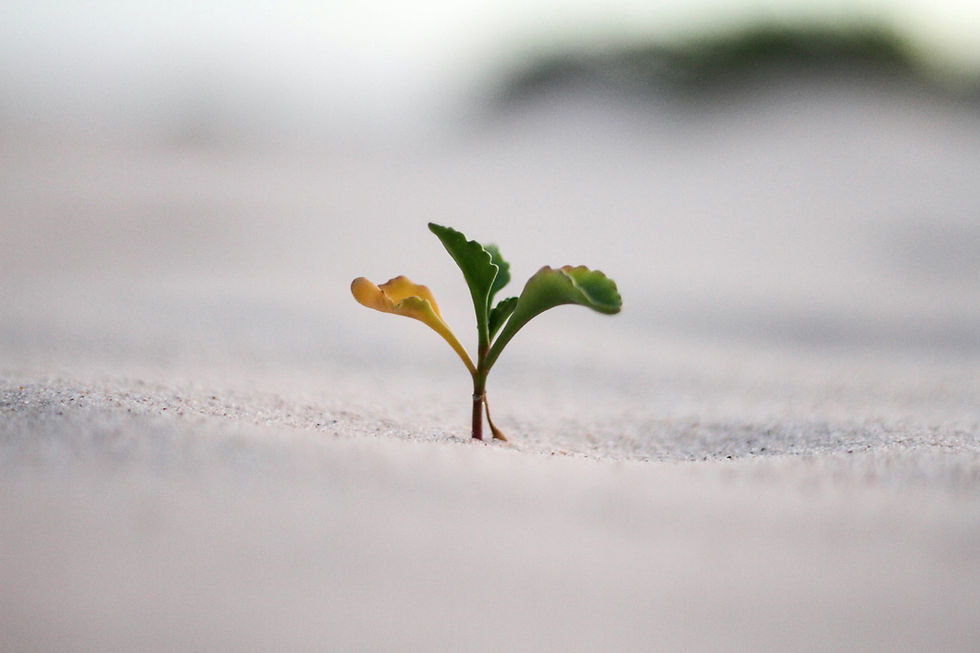The World is Flooding; We Need Humanitarian Aid Now More Than Ever
- Life USA
- Sep 9, 2022
- 2 min read
Clean water has been an important part of human history: fresh water provides, drinking water, food and fertile land for cultivating crops. While water gives way to life, it can also be just as destructive. When bodies of water flood, the effects can be catastrophic.
The year 2022 might as well be called the year of the floods. The world is experiencing the heaviest downpours, glacial lakes melting, overflowing rivers, and increasing shorelines than ever before. From the U.S.A and Europe to Africa and Asia there is flooding everywhere. Professional weather experts are saying they have never seen anything like it.

Right now, one third of the country of Pakistan is under water, and 30 million people need emergency shelter. More than 80 people were killed from intense landslides and another 300,000 people have been displaced in Uganda. The Kentucky river flooded after intense rainfall that led to a total of 37 deaths, more are injured, and hundreds of people are still missing. Other places have been flooded including India, Bangladesh, Australia, the Gambia, and many more. Thousands of lives have been lost and hundreds of thousands of people are displaced worldwide and that number is only growing.

The Cost of Floods
Flooding costs civilizations, most notably in human life, and secondly, economically. An economic report released by engineering and environmental consultancy firm GHD, recently announced that in 2050, countries can expect to see $5.6 trillion in losses in the global economy because of water related disasters. This is generally due to the damage done to infrastructure and the money needed to aid civilians with essential humanitarian aid.
Floods also cost civilization in many other ways. Floods can have negative effects on animals. Whether it is livestock or wildlife, flooding can cause drowning, disease, and habitat destruction leading to death. Flood water can alter a landscape by causing erosion. This water can also carry waterborne diseases like malaria and pollutants such as industrial-grade chemicals, pesticides, and sewage. These all have disastrous effects on animal and human life.

The Importance of Humanitarian Aid
As water related natural disasters increase in number so does the worlds need for humanitarian aid. Humanitarian aid is imperative after a flood because it saves lives. It is vital in reducing the impact of crises on communities, helping them recover and improve preparedness for future emergencies. Humanitarian aid ensures adequate nutrition and food security, offers shelter, provides clean water, essential medicine and medical care, where there is none. Without this critical humanitarian aid, there would be more lives loss and effect of floods would have a far greater negative impact.

Life for Relief and Development (LIFE) has worked in over 46 countries to provide humanitarian aid in the last 29 years. LIFE is currently working in Sri Lanka, Pakistan, the U.S.A, the Gambia, Ivory Coast, Senegal and Uganda providing emergency food boxes, hygiene kits, ventilators, temporary shelter, blankets, medicine and personal protective equipment to hospitals, and clinics. LIFE’s work has given millions of people relief and helped them to give them hope, as they rebuild their lives. LIFE remains committed to providing humanitarian aid to people suffering everywhere regardless of race, religion of socio-economic background.











